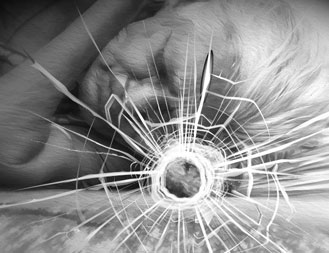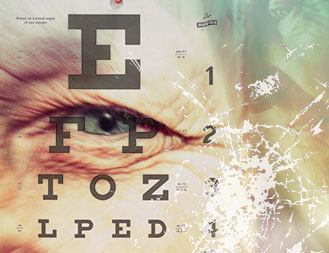When is it Time to Take Away the Keys from Mom and Dad?
By: Rosemarie Tamunday Casanova
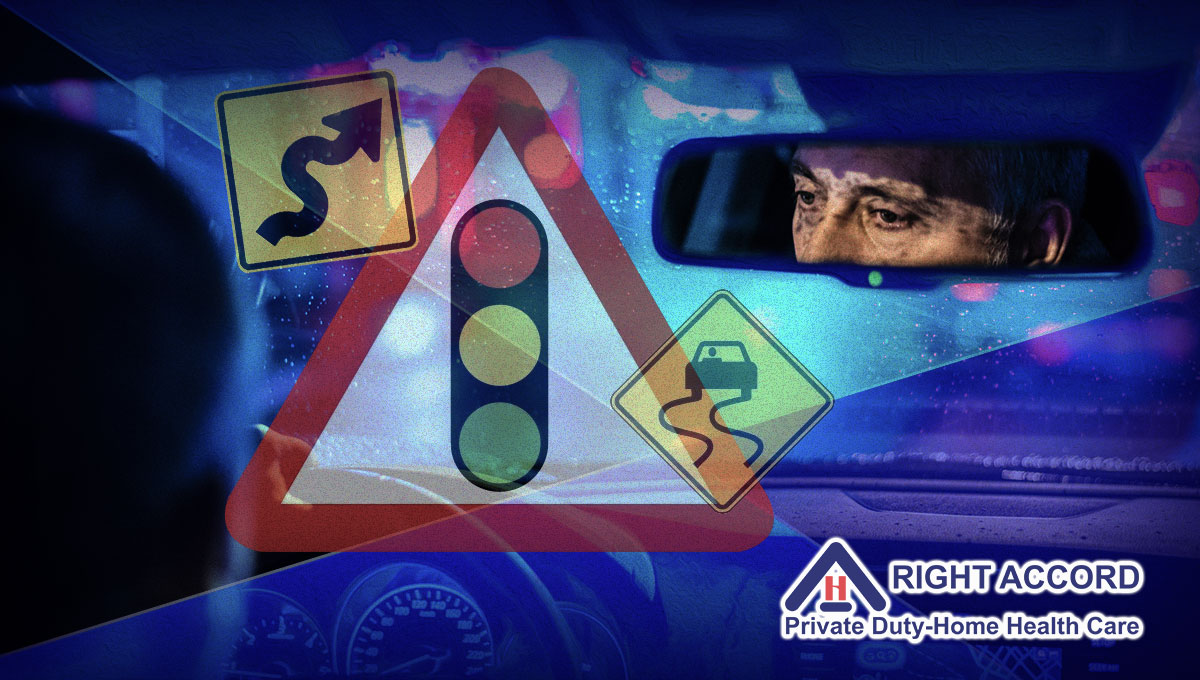
Do you sometimes find yourself getting worried or too conscious of the traffic happenings whenever you are on the passengers seat and the driver is your aged mom or dad? Do you find yourself thinking, "Oh I wish I could just tell them not to drive anymore or simply get a driver for them".
Perhaps there was a time a had a medical condition or maybe it's just their age you are concerned about. Many people have such concerns about their parents and those are valid concerns.
When is the right time to stop driving? Should people be prevented from driving simply because of their age ( not considering minors in this case)? These are important questions that need to be answered for the benefit of the elderly and their loved ones .
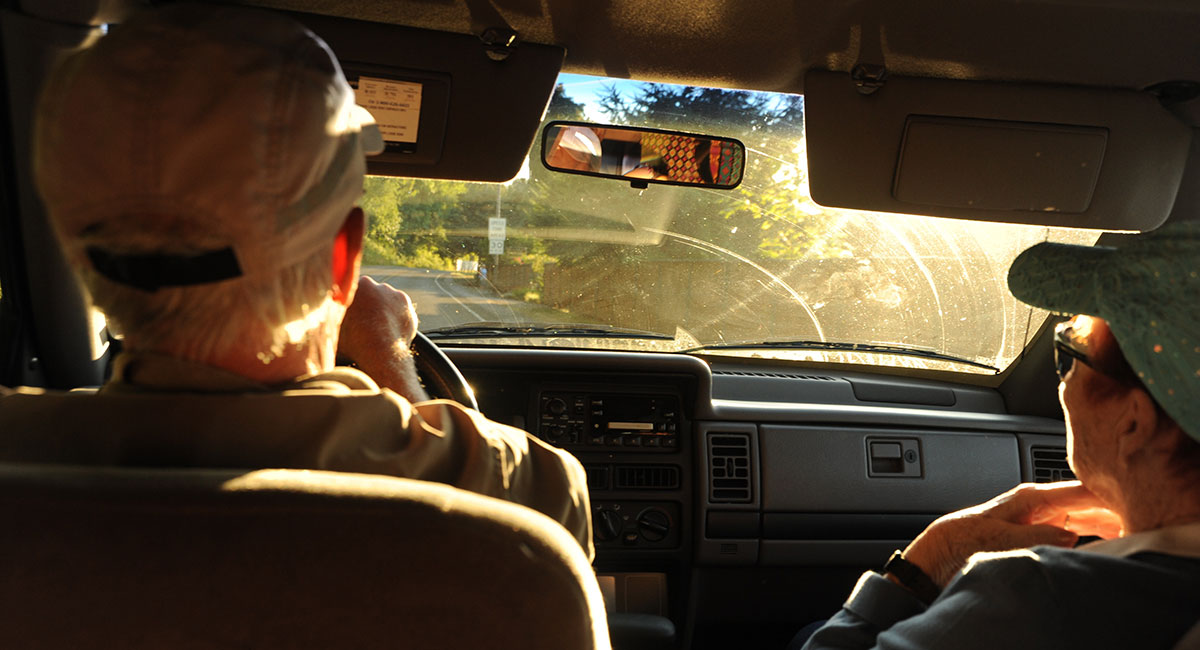
WHEN SHOULD YOU BE CONCERNED ABOUT ELDERLY DRIVERS?
There are certain red flags to look out for in an elderly driver, when these are noticed, they should call for immediate concern and possibly restrictions from driving. These rad flags may include the following:
•Multiple auto crashes and near misses.
If it is noticed that the person is always having one too many dents and fender benders, more so, a person who has years and wealth of driving experience, then their competence should be called to question.
•Two or more car tickets, warnings within the last two years.
Also, when there is an increase in car insurance premiums as a result of driving issues.
•When the neighbors and relatives begin to notice and also comment on the things you are also worried about. When the friends of your parents also have concerns about their driving.
•Increased anxiety about night driving.
As one gets older, driving at night starts to become an issue for them . This will be noticed as they may stop to keep late nights on days they are out with their cars.
•Complaints about inappropriate speeding, change of lanes and problems with obeying traffic signs.
When these in exhaustive signs are in the air, it may be time to hand over the keys .
•An outright recommendation from a doctor to stop driving because of a medical condition.

WHAT AFFECTS THE DRIVING ABILITIES OF THE ELDERLY?
•Medications
The elderly are usually being managed for one condition or the other. Others may be on some prophylactic pills for a long time. These drugs may have certain side effects that may alter or impair vision, judgment or lucidity. In which case driving may become a problem.
•Slower reflexes
As one ages, their reflexes tend to become slower, their muscles atrophied and their reaction time becomes longer. Attention span may also become shorter. These reasons affect driving. This may worsen in patients with Parkinson's disease too.
•Dementia
The elderly are usually more at risk of dementia and may have short attention span also, when they suffer from this, decision making is impaired making them prone to accidents.
•Hearing challenges
Hearing is usually a problem seen in the elderly and driving involves a lot of it, hunking cars, voices of the people in and outside your car, the sound your car makes etc all play a vital role in decision making during driving and the absence of the ability to hear those greatly affects driving.
•Visual acuity
There are certain visual challenges that come with getting old and as stated earlier, one of the signs you may notice in your parents is their anxiety when it comes to driving at night. Vision is one of the most important factor in driving as well as hearing and motor skills.
• Joint and muscle problems
Elderly people tend to suffer from joint problems like arthritis and muscle atrophy. These conditions affect their reaction time and also motor skills. People with such conditions will need to make adjustments to their driving routine.
•Patients recovering from debilitating illnesses or under recuperating conditions in the hospital or home care services.
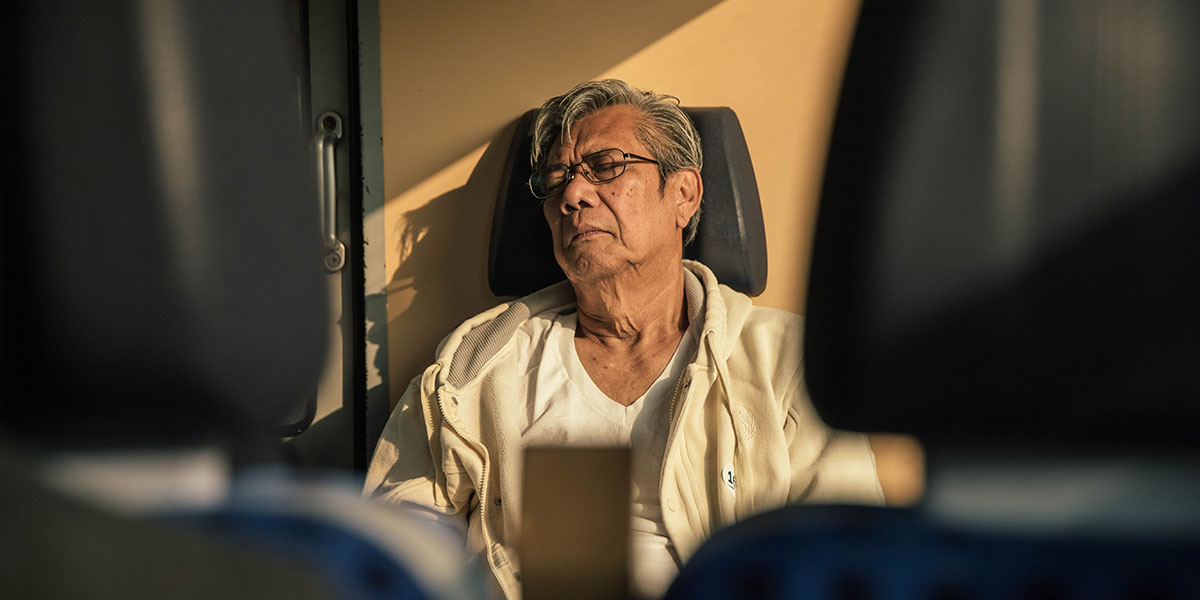
HOW TO COPE WITH THESE CHALLENGES
- See a doctor if you have any of the above health challenges so you can be managed with appropriate medication, rehabilitation and life style modification so as to be able to cope well with the situation.
- Switch to cars that have automatic transmission, power steering and power brakes. These will help limit the amount of energy, reflex and exertion required to carry out such actions.
- Engage in exercise and physical activities to keep the reflexes sharp and muscles toned and active.
- There are special cars with hand controls for the acceleration and breaks, if you think the joints in your legs are way too incapacitated for pedal driving, then these types of cars should be considered .
- People who are above 65 years of age should regularly see their eye doctor an average of a year for proper assessment.
- Use prescription glasses when you drive if you have to. There is no point to prove in driving without one when you do need them .
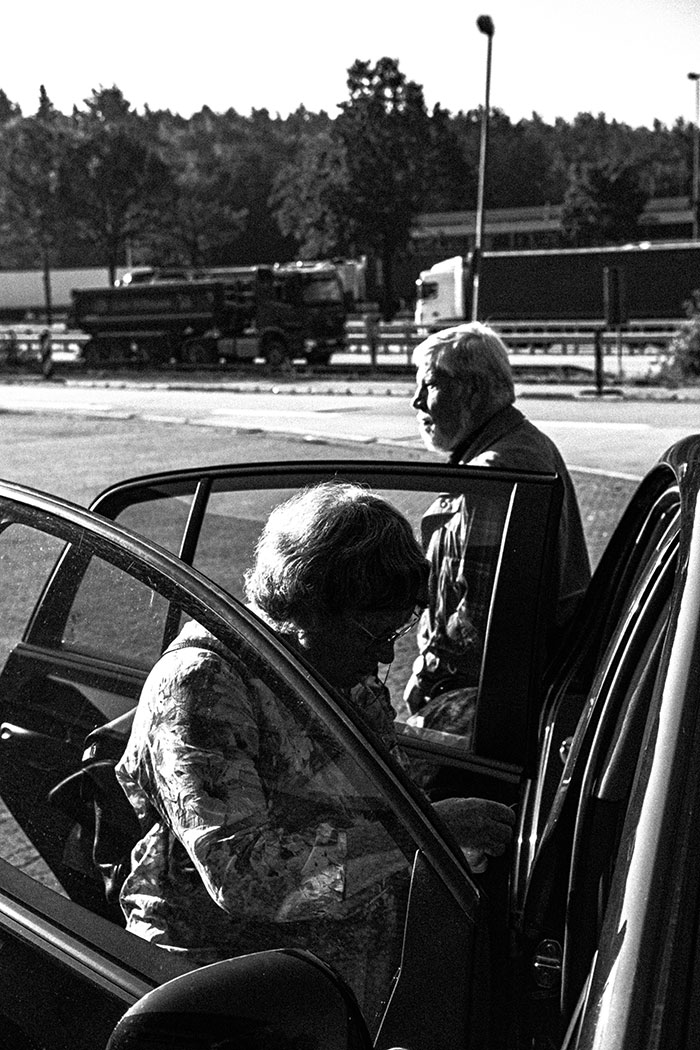
- It is okay to cut back on night driving. Learn to know your limits.
- If there is any hearing challenge, then try to keep the inside of the car as quiet as possible. That means turning off the music?
- When you drive, tend to leave more space between you and the driver in front, this reduces the chances of having a fender bender. You may also start to break earlier their usual when you need to stop the car.
- Ask about your medication, read the labels and if they have warning signs about not driving or operating heavy machinery while taking them, then please adhere.
- Seek the assistance and services of a health service agency. They can provide home care services for the elderly who have compromised abilities such as these.
There is a saying that "when in doubt, don't go out". Driving is an important skill in this day and age and when we start to lose that skill, it may cast a lot of doubt and worry on us as regards our abilities as people.
So it doesn't just stop at taking away the keys from mom and dad when their driving starts to become more of a concern than a beneficial skill, we must also hand back some reassurance to them also that it is okay to get old and to make life style modifications appropriate for their age and perhaps their medical condition also.


